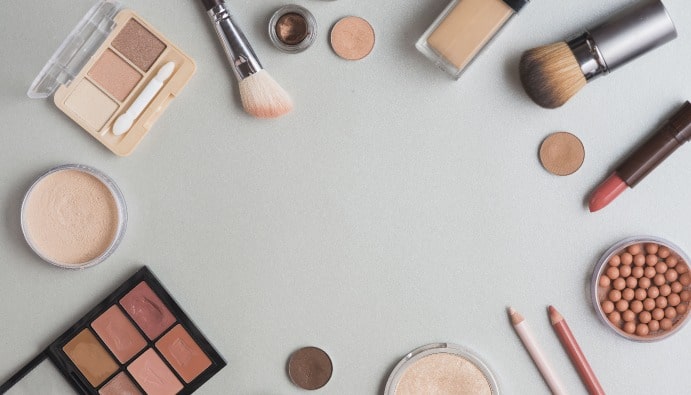Solvent Residue Testing in Cosmetic Products
Solvent Residue in Cosmetic Products

What is a Solvent?
Solvents can be added to cosmetics to help dissolve the ingredients used in cosmetic products. Water is the most common known solvent and is the continuous phase in most suspensions and water/oil emulsions. Solvents used in cosmetics include acetone, denatured alcohol, butoxyethanol (ethylene glycol monobutyl ether), diethylene glycol, dimethyl isosorbide, ethyl acetate, heptane, isopropyl alcohol, mineral alcohol, polyethylene glycol, propylene glycol, toluene and tricaprin (glyceryl tri-n- decanoate). The choice of solvents for use in cosmetics is a complex task due to topical and inhalation toxicity as well as odor.
Use of Solvents in Cosmetic Products and the Problem of Residue
Uses of Solvents:
- Formulation: As a solvent, it ensures the dissolution of active ingredients.
- Production Processes: Used in mixing and homogenization processes.
- Extraction: Assists in the extraction of natural components.
Cause of Residues:
- Inadequate purification during the production process.
- Inappropriate storage conditions.
- Improper drying processes.
Solvents that remain as residues often contain volatile organic compounds (VOCs) and can affect human health even at low concentrations.
What are the Health Risks?
Depending on the type of solvent residues and the level of exposure, various health problems can arise:
- Solvent Types and Effects:
- Acetone, Ethanol: May cause dryness and irritation of the skin.
- Toluene, Benzene: May have toxic effects on the nervous system and may have carcinogenic potential.
- Methanol: May cause eye and nervous system damage.
- Risks to Cosmetic Users:
- Skin allergy and sensitization.
- Respiratory tract irritation.
- Serious toxic effects with prolonged exposure.
Legal Regulations
- European Union Cosmetics Regulation (EC 1223/2009): Maximum permitted limits for solvent residues in products are set. A list of banned solvents has been published.
- FDA Regulations (USA): Emphasizes that cosmetic products should not contain toxic solvents.
- ICH Q3C Guidance: Provides classification and limit values for solvents used in pharmaceutical products. It can also be taken as a guide for cosmetic products.
Importance of Solvent Residue Testing
- Consumer Safety: Prevention of residues that threaten human health.
- Regulatory Compliance: Meeting national and international standards.
- Product Quality: Increases product reliability and brand reputation.
- Environmental Sustainability: Minimizing environmental impacts caused by improper disposal of solvents.
Nanolab Laboratories Group continues to provide services within the scope of Solvent Residue Testing in Cosmetic Products. We also provide services in Detergent Analysis.
Contact us for more information.
You can follow us on LinkedIn for up-to-date news and posts about our services.
Follow our Instagram account to be informed about our latest blog posts.

